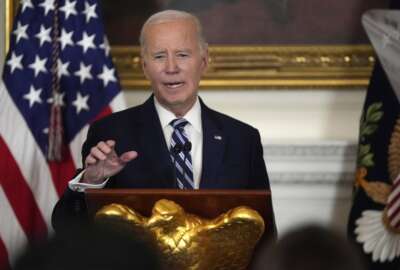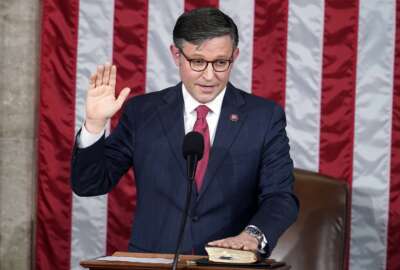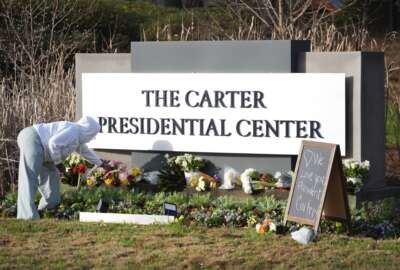ASEAN leaders likely to go soft on sea feud in Manila summit
Southeast Asian leaders will express serious concern over territorial disputes in the South China Sea when they meet in Manila this week, but a draft communique to...
MANILA, Philippines (AP) — Southeast Asian leaders will express serious concern over territorial disputes in the South China Sea when they gather in an annual summit in Manila this week, but a draft of a communique to be issued at the end of the meeting indicates they will adopt subdued language on a conflict that has increasingly alarmed Asian and Western governments.
Philippine President Rodrigo Duterte, who has warmed once-frosty relations with China, hosts his counterparts in the Association of Southeast Asian Nations on Saturday. The summits have spotlighted the escalating conflicts involving four ASEAN member states, Taiwan and China in recent years.
A draft of the “chairman’s statement” to be issued at the end of the summit obtained Tuesday by The Associated Press, however, does not mention an arbitration decision last year that invalidated China’s claims to the strategic waterway and expresses serious concerns only “by some leaders” over the “escalation of activities in the area.”
“We shared the serious concerns expressed by some leaders over recent developments and escalation of activities in the area which may further raise tensions and erode trust and confidence in the region,” the draft statement says.
The 20-page draft devotes fewer paragraphs and repeats language of concern already used in past ASEAN communiques. The statement issued by Laos last year, when it led the 10-nation regional bloc, had a longer discussion of the territorial rifts and expressed concerns over “land reclamations,” a reference to China’s newly built islands in the disputed waters, although it did not mention the Asian superpower by name. Laos is an ally of China.
China has steadfastly opposed the raising in international forums of its territorial disputes with five governments, including ASEAN members Brunei, Malaysia, the Philippines and Vietnam. It prefers one-on-one negotiations with each of its rival claimants, in part to shut out the United States, which it has accused of meddling in an Asian issue.
Washington has remained one of the most vocal critics of China’s increasingly assertive actions in the disputed waters, including its construction of seven islands in the South China Sea’s hotly contested Spratly archipelago. The U.S. Navy has continued patrols it says are aimed at ensuring freedom of navigation and overflight in one of the world’s busiest commercial sea lanes.
Duterte, who took office last June, has moved to repair relations with China which have been strained by the territorial conflicts while taking a hostile stance toward his country’s treaty ally, the United States, for criticizing his bloody crackdown on illegal drugs.
He has set aside a July 12, 2016, international arbitration decision that declared China’s historic claims to virtually the entire South China Sea invalid under a 1982 maritime treaty, while seeking to revive trade ties and infrastructure financing from Beijing. Duterte said he would take up his country’s victory in the arbitration case at an unspecified time during his six-year term, a stance critics say may weaken the chances of Chinese compliance with the landmark ruling.
Copyright © 2025 Federal News Network. All rights reserved. This website is not intended for users located within the European Economic Area.





